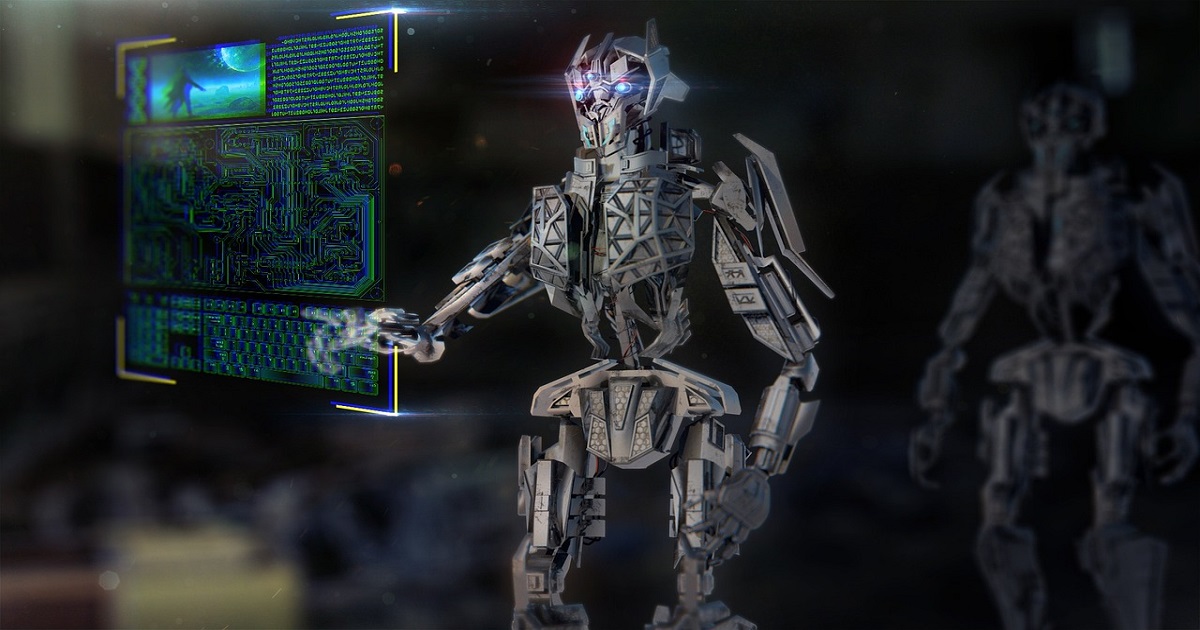- 2.5Impact Factor
- 5.5CiteScore
- 20 daysTime to First Decision
Generative AI and Robotics: Towards Intelligent and Adaptive Machines
This special issue belongs to the section “Robotics and Automation“.
Special Issue Information
Dear Colleagues,
Recent advances in Generative Artificial Intelligence (GenAI) have opened new opportunities for robotics research and applications. From autonomous decision-making to simulation-based design, generative models—such as large language models (LLMs), diffusion models, and generative adversarial networks (GANs)—have begun to revolutionize how robots perceive, plan, and act.
This Special Issue aims to gather high-quality, original contributions that explore the synergy between Generative AI and Robotics, focusing on both theoretical foundations and practical implementations. We invite submissions that push the boundaries of current robotic capabilities by leveraging generative approaches.
Topics of Interest include, but are not limited to:
- Generative models for robotic control and planning
- Simulation-to-reality transfer using generative methods
- Language-guided robot manipulation and navigation
- Embodied AI with LLMs and vision-language models
- Generative design for soft and modular robotics
- Data augmentation and synthesis for robot learning
- Generative perception in unstructured environments
- Human-robot interaction enhanced by generative models
- Multi-robot systems and coordination using GenAI
- Safety, robustness, and explainability in generative robotics
Prof. Dr. Ayşegül Uçar
Dr. Sergiu Dan Stan
Guest Editors
Manuscript Submission Information
Manuscripts should be submitted online at www.mdpi.com by registering and logging in to this website. Once you are registered, click here to go to the submission form. Manuscripts can be submitted until the deadline. All submissions that pass pre-check are peer-reviewed. Accepted papers will be published continuously in the journal (as soon as accepted) and will be listed together on the special issue website. Research articles, review articles as well as short communications are invited. For planned papers, a title and short abstract (about 250 words) can be sent to the Editorial Office for assessment.
Submitted manuscripts should not have been published previously, nor be under consideration for publication elsewhere (except conference proceedings papers). All manuscripts are thoroughly refereed through a single-blind peer-review process. A guide for authors and other relevant information for submission of manuscripts is available on the Instructions for Authors page. Applied Sciences is an international peer-reviewed open access semimonthly journal published by MDPI.
Please visit the Instructions for Authors page before submitting a manuscript. The Article Processing Charge (APC) for publication in this open access journal is 2400 CHF (Swiss Francs). Submitted papers should be well formatted and use good English. Authors may use MDPI's English editing service prior to publication or during author revisions.
Keywords
- generative models
- robotic
- human-robot interaction
- GenAI

Benefits of Publishing in a Special Issue
- Ease of navigation: Grouping papers by topic helps scholars navigate broad scope journals more efficiently.
- Greater discoverability: Special Issues support the reach and impact of scientific research. Articles in Special Issues are more discoverable and cited more frequently.
- Expansion of research network: Special Issues facilitate connections among authors, fostering scientific collaborations.
- External promotion: Articles in Special Issues are often promoted through the journal's social media, increasing their visibility.
- e-Book format: Special Issues with more than 10 articles can be published as dedicated e-books, ensuring wide and rapid dissemination.

